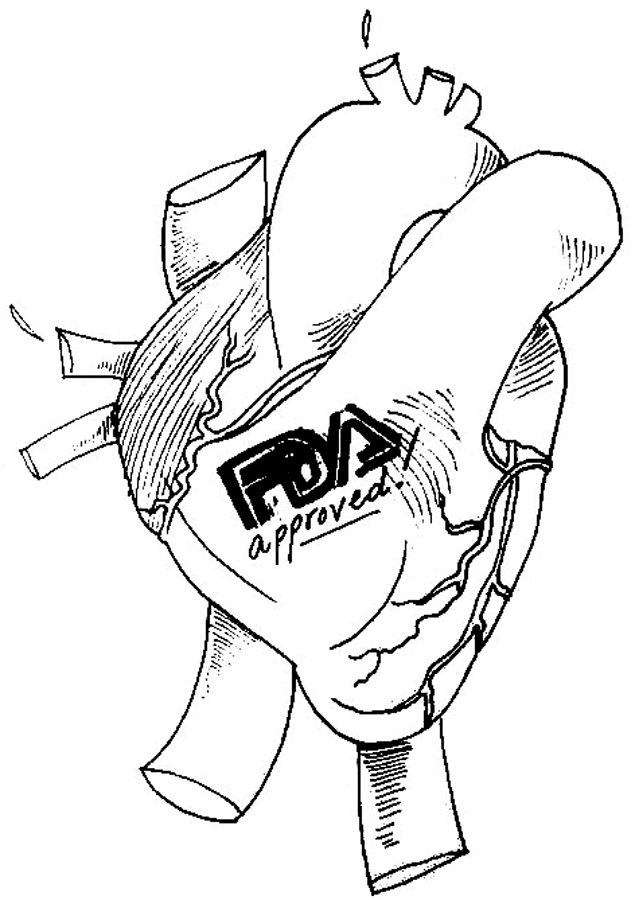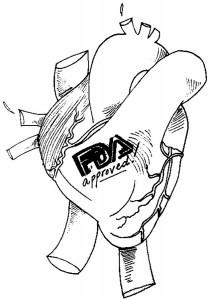Government must ban trans fats
Last Thursday, the Food and Drug Administration made an unprecedented move to eliminate artery-clogging artificial trans fats from America’s food supply. According to the Wall Street Journal, the final ruling by the FDA will not go into effect until after a 60-day comment period, but the movement is nonetheless a step forward. Though the prevalence of trans fats has been reduced over the years, banning them for good will not only be healthy for the nation as a whole, but will also open the door to eliminating other nutritional issues.
Trans fats are everywhere, from margarines and shortenings to salad dressing, cookies and chips. A slow poison in need of urgent attention, trans fat has been associated with inflammation, heart disease, diabetes and cancer. Introduced after the development of the hydrogenation process in the early 20th century, trans fat became a mainstay of the American diet, according to a 2010 review in the Journal of the American Dietetic Association. The infamous “ingredient” puts the crisp in French fries.
And though the FDA has already taken measures to reduce trans fats in American diets, none of those measures have been as impactful as a full-out ban. In the coming years, it will help prevent 20,000 heart attacks and 7,000 deaths, the FDA said.
As always, there are critics. Opponents decry this proposal as an example of government intrusion on citizens’ rights. For example, one online commenter wrote on a New York Times article, “The FDA should stay out of peoples lives … and stop trying to control what we do and what we eat. If I want to clog my arteries … I should have the right to do that without some hack government bureaucracy like the FDA controlling our lives.”
First of all, the health of American citizens is very much intertwined with the government, especially under the Affordable Care Act. If food products are unhealthy or unsafe in any way, it is the government’s responsibility to act in the interest of the consumer. It seems that these critics have not fully grasped the danger of trans fats.
There is also an expensive price tag attached to the health effects of an individual’s diet, which concerns the government and fellow citizens. Cardiovascular diseases — including strokes, coronary heart disease, hypertensive disease and heart failure — cost the U.S. a staggering $444 billion in 2010, according to the the Centers for Disease Control and Prevention.
Other ailments are still on the horizon, as a result of supersized portions and saturated fat. These problem areas should be tackled next, and it is this ban that seems to be the first step in doing this. In a few decades, the United States will hopefully start to look more like Denmark, which became the first country in 2003 to introduce laws to strictly regulate the sale of foods containing trans fats.
Regulating the use of trans fats is just another way that the U.S. government can protect its citizens.
Valerie Yu is a sophomore majoring in biological sciences and English. Her column “Heart of the Matter” runs Tuesdays.
Follow us on Twitter @dailytrojan



And there we go…Liberty reduced to dollars and cents. I guess every great civilization ends some time. May I be the first to introduce (drumroll..) CALORIE CREDITS! Buy yours today and do your part to reduce your medical care footprint! I wonder which medications will be first to be banned in the name of healthcare savings? Of course high-calorie foods and sodas will be first, but just wait. Some socialist politician will need to reduce the deficit in twenty years.He or she will use the handy dandy ACA…and pooof! Grandmas heart meds (yes monkeys people will still get heart disease post trans-fats) are illegal. Oh well, at least we can light up a perfectly legal joint while the ship sinks…
K